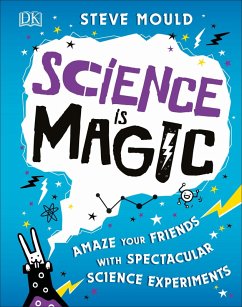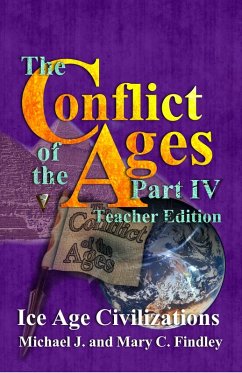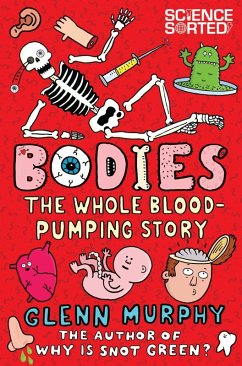Jean-Henri Casimir Fabre (1823-1915) was a French entomologist and author. Fabre was born in Saint-Leons in Aveyron, France. Fabre was largely an autodidact, owing to the poverty of his family. Nevertheless, he acquired a primary teaching certificate at the young age of 19 and began teaching in Carpentras whilst pursuing further studies. In 1849 he was appointed to a teaching post in Ajaccio (Corsica), then in 1849 moved on to the lycee in Avignon. Fabre went on to accomplish many scholarly achievements. He was a popular teacher, physicist, chemist and botanist. However, he is probably best known for his findings in the field of entomology, the study of insects, and is considered by many to be the father of modern entomology. Much of his enduring popularity is due to his marvelous teaching ability and his manner of writing about the lives of insects in biographical form, which he preferred to a clinically detached, journalistic mode of recording. In doing so he combined what he called "my passion for scientific truth" with keen observations and an engaging, colloquial style of writing. Fabre noted: Others again have reproached me with my style, which has not the solemnity, nay, better, the dryness of the schools. They fear lest a page that is read without fatigue should not always be the expression of the truth. Were I to take their word for it, we are profound only on condition of being obscure. Over the years he wrote a series of texts on insects and arachnids that are collectively known as the Souvenirs Entomologiques. Fabre's influence is felt in the later works of fellow naturalist Charles Darwin, who called Fabre "an inimitable observer." Fabre, however, rejected Darwin's theory of evolution; on the other hand he was not a Biblical creationist either but assumed a saltationist origin of biodiversity. In one of Fabre's most famous experiments, he arranged processionary caterpillars to form a continuous loop around the edge of a pot. As each caterpillar instinctively followed the silken trail of the caterpillars in front of it, the group moved around in a circle for seven days. Jean-Henri Fabre's last home and office, the Harmas de Fabre in Provence stands today as a museum devoted to his life and works. The site of his birth, at St Leons, near Millau is now the site of Micropolis, a tourist attraction dedicated to popularising entomology and a museum on his life.















